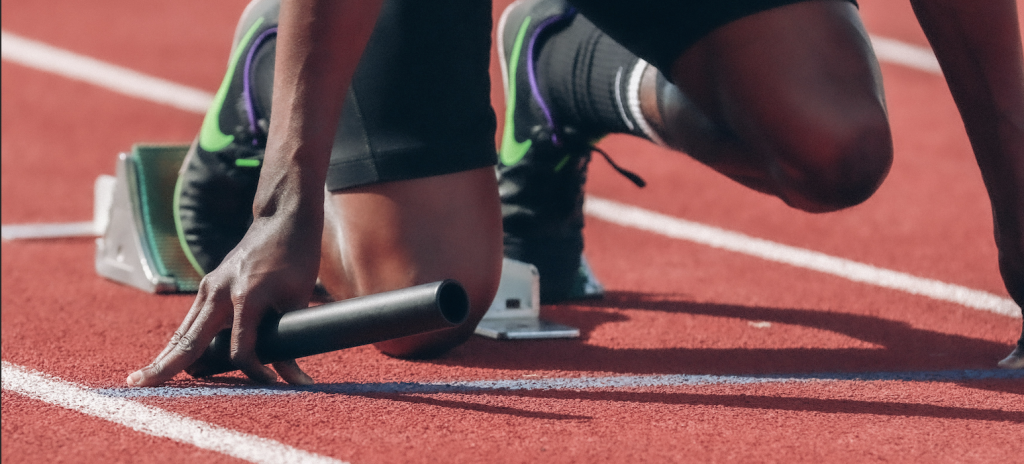Injuries sustained by college athletes can follow them mentally and physically for the rest of their lives. Depending on the severity, injuries can be career-ending for even the best athlete. Sports naturally come with risks, but are the risks really worth it?
According to the National Institutes of Health, common sports injuries can include fractures, dislocation, sprains, torn ligaments and tears, among many other things. Some of these injuries could be preventable, but most just come from the overuse of certain body parts and are relatively inevitable when it comes to participating regularly in a sport. These injuries can also greatly impact the mental health of a player and cause issues like depression and anxiety.
On occasion, high school or college coaches will clear a student to play even if an injury is still present. The Pro Athlete Law Group discusses how a student from the University of South Carolina was cleared from his injuries by his school but was turned away after signing with an NFL team due to the injury still being present. His career goals were stripped away in an instant because of a past injury that was never given the chance to heal.
Not only can injuries affect careers, but they can also affect the long-term physical and mental health of a player. College athletes typically pour much of their life into their particular sport, and many have goals to take their skills to the professional sports level. In 2017, Sports Illustrated discussed how physicals are generally required when entering a college or professional team, but they are not often given when you leave a team.
If you are not entering a new team, this can generally mean that some injuries go unchecked and will progressively get worse over time. The soccer player who battles through knee pain or the tennis player who refuses to check on an elbow live with chronic pain, and this can be detrimental to their mental and physical health. According to an article from the Journal of Intercollegiate Sports, college athletes deem injuries to be the most stressful part of partaking in sports.
In 2014, Margot Putikian, Princeton University’s director of athletic medicine and head team physician, wrote the mental impact of an injury can include symptoms such as isolation, lack of motivation, anger, disengagement and depression. Long-term pain can make many aspects of day-to-day life difficult and less enjoyable. A career-ending and pain-inducing injury could seriously impact the rest of an athlete’s life.
Aside from lifelong or long-term injuries, sudden cardiac arrest and other deadly health issues or accidents are also risks athletes take. Parent Heart Watch discusses how sudden cardiac arrest is the leading cause of death among players. Many underlying heart conditions go undetected and claim the lives of many athletes.
The American culture loves college athletics. Students come together to share school pride and cheer on their home team. Parents and alumni come from far and wide to attend the games, which are also often televised. However, the health and life of the student athlete should be considered above all this.
Health screenings and a physician’s clearing should be taken a lot more seriously. Too often, athletic physicians clear players before the player reaches full recovery just so they can get back on the field. While this is not always the case, it absolutely happens more than it should. It is detrimental to the careers and lives of the players.
2aDays shared an interview with an injured college athlete who discussed how the student was injured over and over again. When asked what she would have done differently, the student explained that she wouldn’t have pushed through the pain. College athletes should be mindful to put themselves and their health before their sport. Being patient and waiting for an injury to heal before jumping back in could save them a lifetime worth of physical and mental pain.
Carter is an opinion writer for the Liberty Champion
